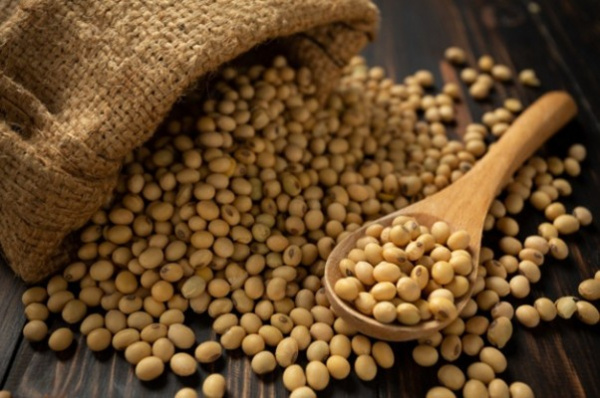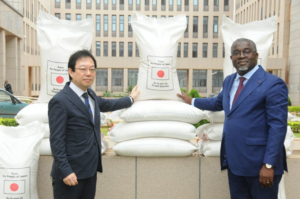Togo, recognized as the second-largest African exporter of organic products to the European Union (EU), is determined to maintain its impressive momentum. According to European Commission data from 2020, Togo stands just behind Egypt in this competitive market. To sustain and enhance this position, stakeholders in the organic sector must adapt and strengthen their practices.
Key players involved in the production of soybeans, pineapples, and other organic products are being urged to comply with new certification requirements. These regulations come from both the EU and the United States Department of Agriculture (USDA). Meeting these standards is vital for Togo to ensure continued access to lucrative markets.
The push for compliance is not merely a bureaucratic requirement; it represents a significant opportunity for growth and development. By adhering to these certification standards, Togolese producers can enhance the quality of their products. Improved practices will not only meet international expectations but also increase consumer confidence in Togo’s organic offerings.
Read more:Togo Receives 800 Million CFA Francs from Japan
Soybeans are a particular focus for Togo’s organic sector. The demand for organic soybeans has surged in recent years, driven by health-conscious consumers and a growing awareness of sustainable farming practices. By strengthening their cultivation methods and adhering to certification standards, Togolese farmers can tap into this expanding market.
Pineapples, another key product, also hold significant potential for growth. Togo’s tropical climate is ideal for cultivating high-quality pineapples. However, to compete effectively in the EU market, producers must ensure their practices align with the stringent requirements set forth by regulatory bodies. This alignment will help Togo secure a stronger presence in the competitive organic fruit market.
The emphasis on compliance aligns with broader global trends toward sustainability and organic farming. Consumers are increasingly seeking products that are not only healthy but also produced in environmentally friendly ways. By enhancing their organic practices, Togolese producers can appeal to this growing market segment.
Moreover, the benefits of compliance extend beyond market access. Improved agricultural practices can lead to higher yields and better resource management. This, in turn, supports local economies and contributes to food security in Togo. When farmers invest in sustainable practices, they not only benefit from higher profits but also contribute to the well-being of their communities.
To facilitate this transition, collaboration among stakeholders is essential. Government agencies, agricultural organizations, and private sector players must work together to provide training and resources. By fostering an environment of support, Togo can help its organic producers meet certification requirements more effectively.
In conclusion, Togo’s ambition to boost its organic exports to the EU is both commendable and achievable. By focusing on compliance with new certification standards, particularly in the soybean and pineapple sectors, the nation can solidify its position as a leading exporter. This commitment to quality and sustainability will not only enhance Togo’s reputation in international markets but also foster economic growth and development at home. As stakeholders unite to strengthen their practices, Togo stands poised for a prosperous future in the organic products sector.





